AIKO: Autonomous satellite operations thanks to Artificial Intelligence
Italian start-up company AIKO develops state-of-the-art Artificial Intelligence for space applications for mission autonomy with their MiRAGE library. Meet AIKO at the 10th ESA Investment Forum in ESOC 31 January 2019.
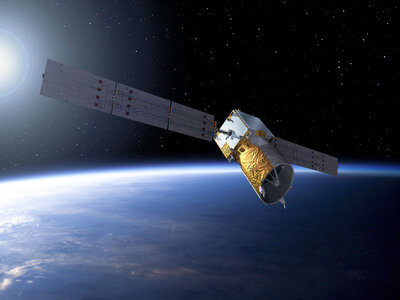
MiRAGE - Mission Replanning through Autonomous Goal gEneration - is a software library that enables autonomous operations for space missions. It integrates state-of-the-art Artificial Intelligence algorithms. The most recent technologies in deep learning, expert systems and intelligent agents are used to process spacecraft data (telemetry, payload) to take decisions autonomously during the mission.
Spacecraft that use AIKO technology are able to perform autonomous replanning, to detect events (internal and external) and to react accordingly, ensuring fulfilment of mission objectives without the delays introduced by the decision-making loops on ground.
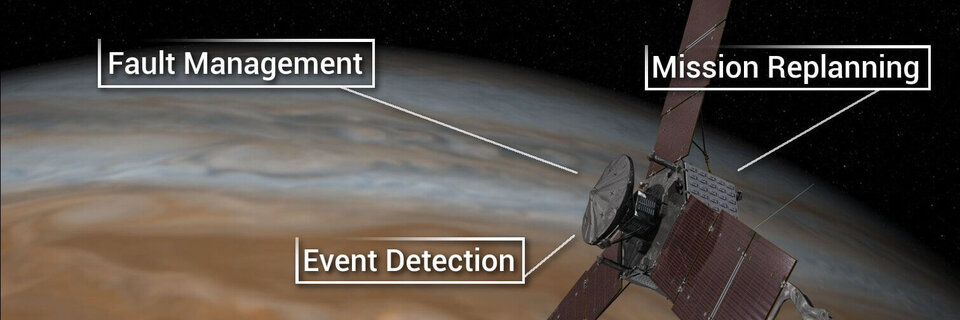
The technology is compatible with Linux-based operating systems for the flight segment, and with any operating systems for the ground segment. MiRAGE technology has already been demonstrated in several collaborations, both for Earth-based applications and for deep space ones.
MiRAGE – the autonomous space operations library
MiRAGE operates by analyzing the data made available during the mission (telemetry payload and external data) to generate and update the operations schedule. The satellites become aware, understanding their surroundings, the internal health, and eventual commands provided by the ground mission control centre. The library enables autonomous decisions during a mission, tailored to the needs of the end-users and the mission stakeholders.

By shifting the decision-making on-board the satellite, MiRAGE library eliminates the decision-making loop in the ground Mission Control Centre for all the events that were accounted for during spacecraft development, including failures, events related to mission objectives, or events generated by other elements in a constellation. Operators can focus on more critical decisions requiring ground intervention.
By using MiRAGE, more complex missions are at reach: tracking features on the surface, activating enhanced acquisition modes, selecting and prioritizing payload downlinked data. The result is increased efficiency, mission objectives are fulfilled sooner, and downlink bandwidth is occupied only with relevant data.

The real, long-term benefit of fully autonomous mission is the reduction of the operations costs. This is particularly important for small satellite missions, where operations costs have been shown not to scale with spacecraft size, and for constellations, where the high number of operators per spacecraft simply cannot be afforded with hundreds, thousands of satellites.
MiRAGE technology is currently at TRL6, with TRL8 planned for 2019.
Leaders in the development of commercial mission autonomy AI
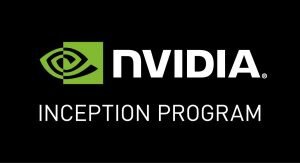
Since June 2018, AIKO is part of the NVIDIA Inception Program, a program reserved to startups that have Artificial Intelligence as they core competence and focus. The program nurtures dedicated and exceptional startups who are revolutionizing industries with advances in AI and data science. The selection of AIKO into the program extends and improves AIKO capabilities in designing and developing AI algorithms.
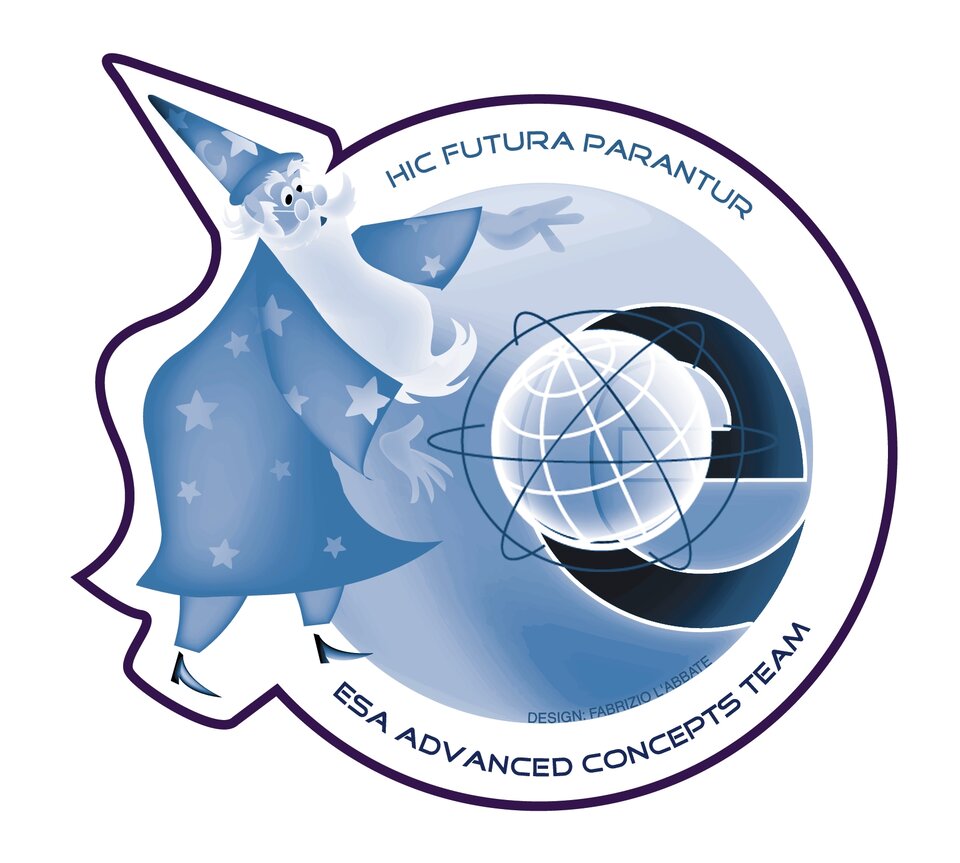
AIKO is currently collaborating with National Institute for Nuclear Physics (INFN) and Thales Alenia Space Italy for the realization of a Knowledge-Based system to support engineers performing risk assessment targeted at human spaceflight. AIKO is also working with ESA`s Advanced Concepts Team, developing a tool for evaluating the computational requirements for deep learning state-of-the-art algorithms for embedded applications.
Last year, AIKO signed a collaboration with the Space Science Institute in Colorado, USA, that will focus on evaluating the implementation of deep learning algorithms for a Mars SmallSat mission concept.
AIKO is a research-oriented SME founded in 2017 in Torino, Italy. Its main focus is the development of Artificial Intelligence software to increase the level of autonomy of space missions.
Key areas of expertise are Deep Learning, Expert Systems and Embedded Software design applied to space missions, in the domains of autonomous decision-making, payload data management, failure detection and mission replanning.
The in-orbit validation for AIKO technology is planned by 2020.
AIKO Team
Composed by a team of highly skilled researchers, together the AIKO team possesses years of experience in space projects. This includes two CubeSats launched and operated, publications on international journals and congresses, and collaborations with some of the most prominent research space institutes, such as ESA, NASA JPL, MIT. Collaborates with European and US research institutions and companies to provide state of the art mission autonomy algorithms.
Investing in AIKO
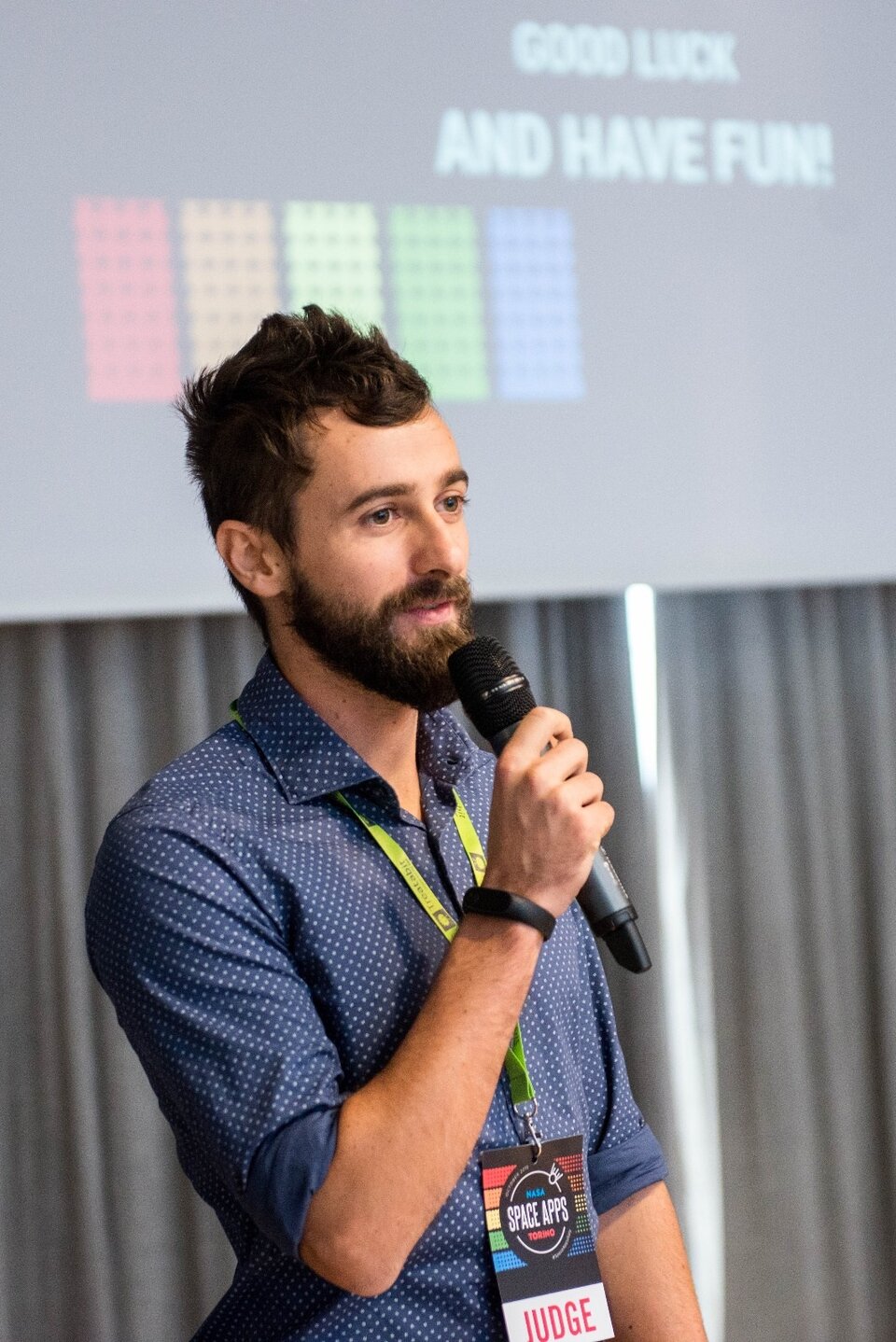
AIKO is currently raising its Seed Round, targeted at mid-2019, whose objectives are to validate in orbit MiRAGE technology, and to expand the business development activities in Europe.
AIKO recently received private investment from GEMINEA, a Milan-based VC focused on Artificial Intelligence startups. The round is aimed at consolidating the team and the company to achieve a higher level in the technology development.
10th ESA Investment Forum
Aiko CEO and Founder Lorenzo Feruglio will participate to the 10th ESA Investment Forum 31 January 2019.
ESA BICs - World's largest ecosystem for space-related entrepreneurship
The ESA Business Incubation Centre (ESA BIC) Hessen and Baden-Württemberg is part of the ESA space solutions network of 20 ESA BICs throughout Europe.
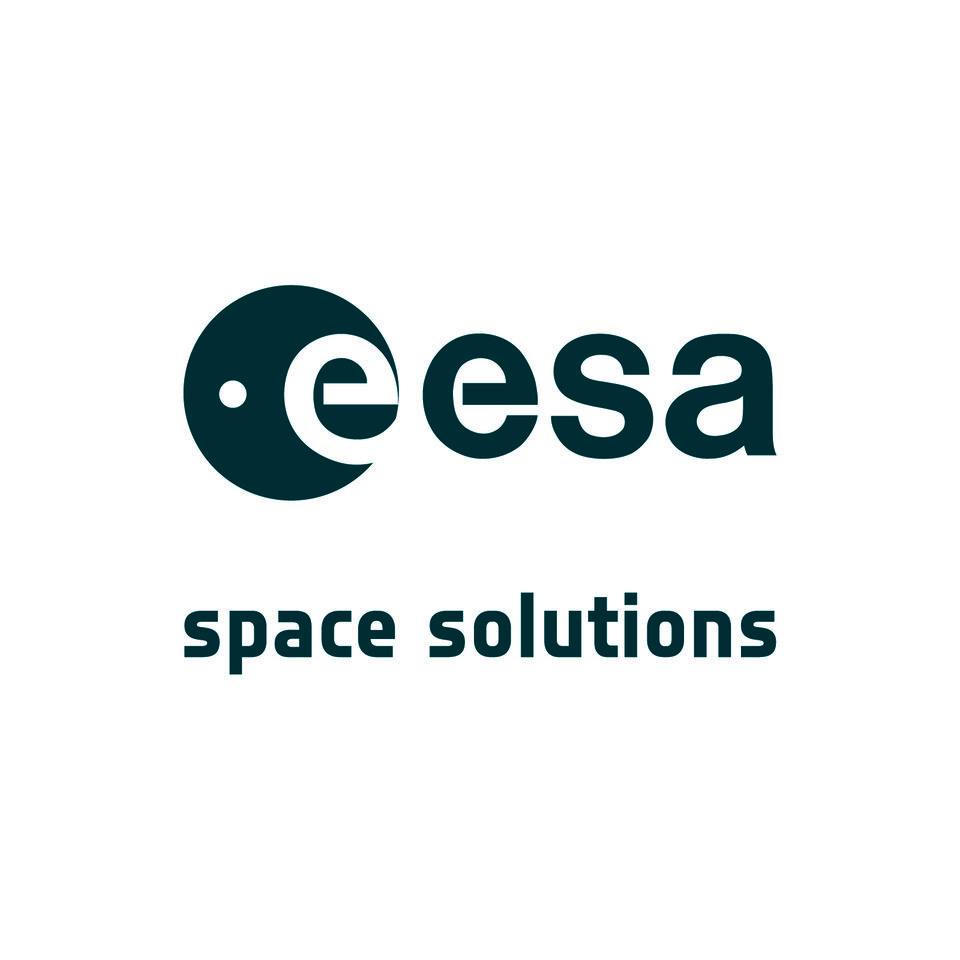
The centres are operated under ESA’s Technology Transfer and Business Incubation Programme Office (TTPO) with the European network of Technology Transfer Brokers. Together they offer access to all aspects of space-related innovation, technology and intellectual properties and is a gateway to ESA and European space research and developments.
The 20 ESA BICs in 17 European countries – Austria, Belgium, Czech Republic, Estonia, Finland, France, Germany, Hungary, Ireland, Italy, Norway, Portugal, Spain, Sweden, Switzerland, the Netherlands and UK – are forming the largest ecosystem in the world for space-related entrepreneurship. The 21th centre is soon to open in Northern Germany and more centres are already under preparation.
Over 700 start-ups have been fostered and another near 180 new start-ups are taken in yearly at the ESA BICs to be supported under the two-years business development boosting programme.



